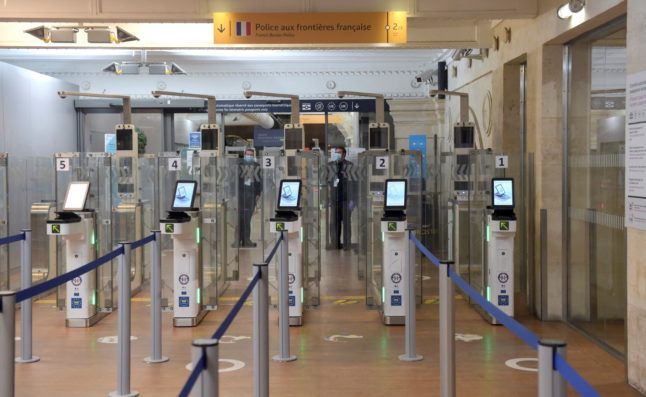If you’re planning on taking a road trip in France this summer, there are certain weekends that should be avoided at all cost.
There’s also other things to think about, from city traffic pollution rules to fake police officers and where to find the cheapest fuel.
8 things to know about driving in France this summer
For many, just the mention of the stifling heat and the influx of tourists that take over Paris in August is enough to make them want to leave the city and head for the beach.
But Evie Burrows-Taylor argues that there are good reasons to stay in the city.
7 reasons why you should stay in Paris in August
Let’s be honest. The long sultry days of summer are usually fairly quiet in France, as parliament breaks for the summer and huge swathes of the population head to the beach. But 2022 is not an ordinary year – here’s what changes in August.
What changes in France in August 2022
Sadly, crime never sleeps or goes on holiday… From computer hacking to phone calls, a new report reveals that scams and frauds are unfortunately on the rise in France and the criminals are getting more sophisticated – here are some of the most common frauds to be aware of.
Warning: 6 of the most common scams in France to watch out for
Meanwhile, as the climate and energy crisis continues, officials are starting to act. It will soon be illegal for air-conditioned stores to keep their doors open, while government offices will only be able to put on the cool air if it is hotter than 26C indoors.
How France is legislating the use of air conditioning
But let’s end on a positive note. France is of course the home of patisserie, which means you are spoiled for choice when it comes to rounding off your meal with a sweet treat. Here are some of the best – including how to make them.



 Please whitelist us to continue reading.
Please whitelist us to continue reading.
Member comments